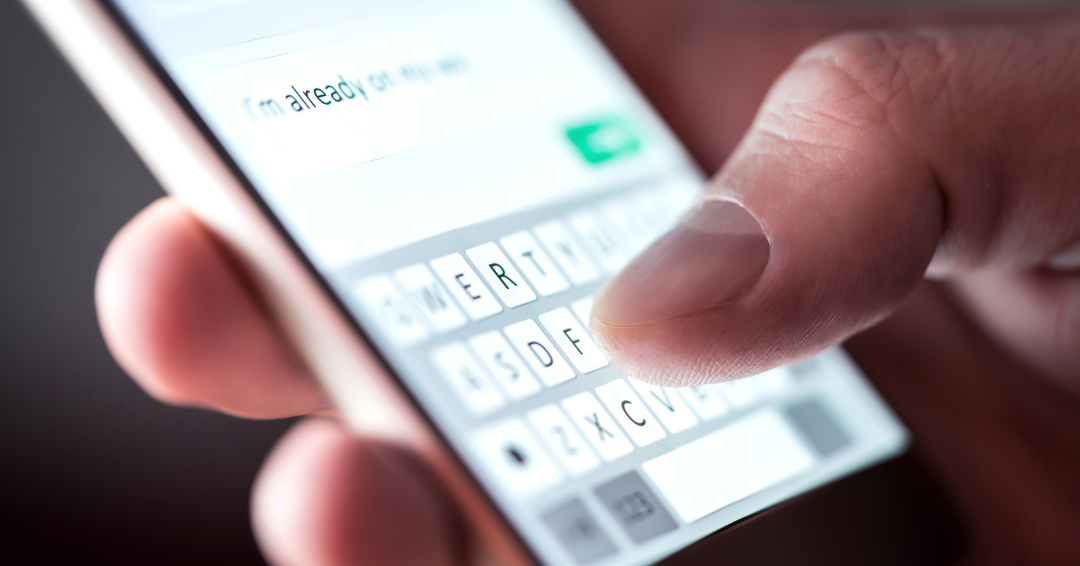With the world sending 23 billion texts every day, it’s no surprise that SMS messages play such a key role in many modern cases.
Many assume their text messages are private and can reveal anything without repercussion, but this isn’t always the case. Police authorities can request warrants to search messages on a phone and legal professionals can present relevant texts as legal evidence in court.
However, text messages aren’t always useable in the courtroom. This blog post will look into when messages can be used as evidence, alongside famous examples of texts swaying a courtroom decision.
The ever-growing landscape of digital evidence
Text messages have been around for a while, with the first text sent on 3rd December 1992. At first, texts had a 160-character limit, but they can now include emojis, videos, pictures, GIFs and more.
Due to the popularity of SMS messaging, many cases have been decided on texts provided in the courtroom. Once a text message has been sent, it can swing a case. Text messages can often show motives to commit a crime or a person’s state of mind during the time of an alleged offence.
However, although text messages can be used in court as legal evidence, they aren’t automatically admissible.
And it isn't just text messages lawyers have to deal with. Social media posts and other forms of digital communication can be used as evidence in court to decide the fate of a trial.
When can text messages be used in court?
Text messages — among other forms of electronically stored information (ESI) — must be legally obtained and properly preserved as evidence, or a court won't pass them as authentic.
Texts must be presented in a format that shows more than just the sender or receiver’s name, with information proving their relevance. For example, the phone number that has sent the messages. A court order can be obtained if a person doesn’t voluntarily provide their phone.
There are also instances when text messages may have been deleted to cover up evidence. In these circumstances, texts can still be obtained from the receiver’s phone or from the phone’s service provider for a limited time.
Many famous cases involving celebrities have included text messages used as legal evidence in a court of law.




